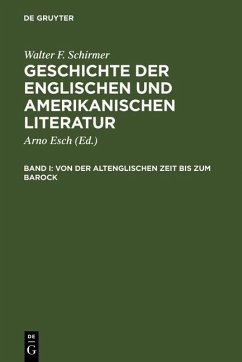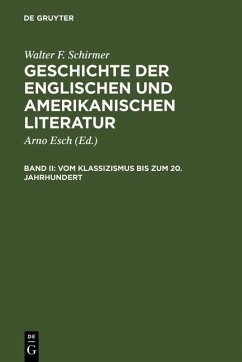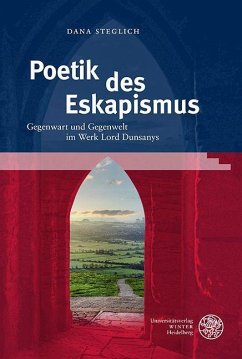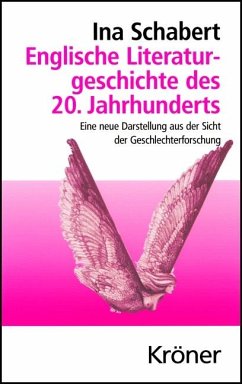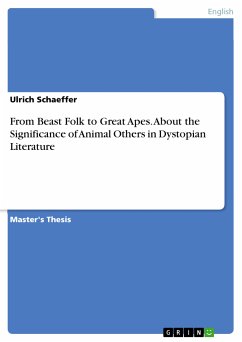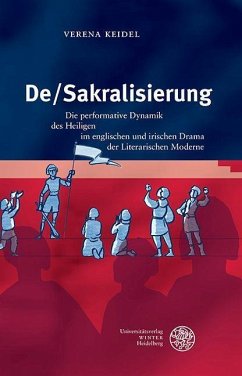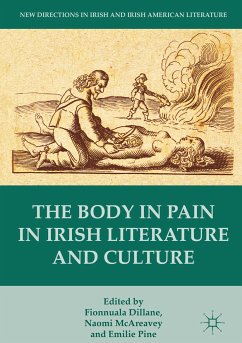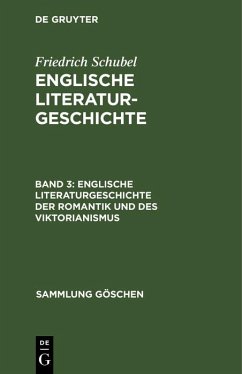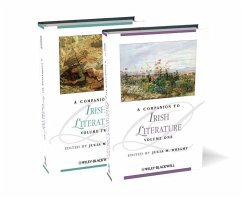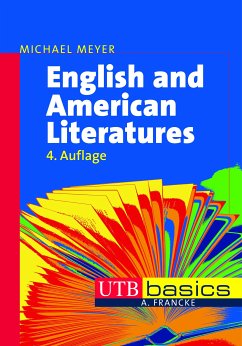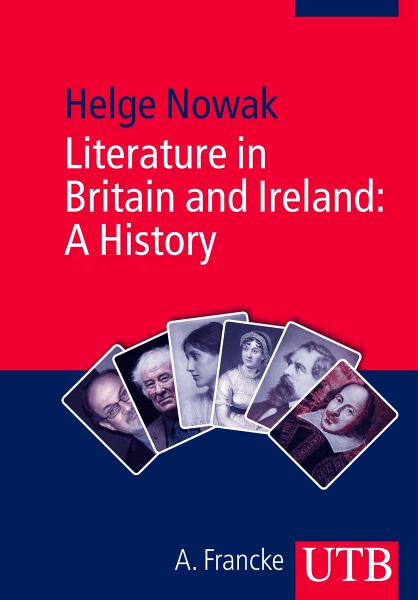
Literature in Britain and Ireland: A History (eBook, PDF)
Versandkostenfrei!
Sofort per Download lieferbar
Statt: 29,90 €**
28,99 €
inkl. MwSt. und vom Verlag festgesetzt.
**Preis der gedruckten Ausgabe (Broschiertes Buch)
Alle Infos zum eBook verschenkenWeitere Ausgaben:

PAYBACK Punkte
0 °P sammeln!
Literature in Britain and Ireland is a survey of literature on the British Isles since the time of the Anglo-Saxons. Despite this wide angle, the linguistic, regional and ethnic differentiations in each particular period are being emphasised. Because of its combination of traditional and innovative components of English Studies, this history of literature is useful as a study book accompanying courses as well as an incentive for discoveries while reading. The chapters are systematically structured to allow profiles along the history of genres. In addition to poetry, drama, short stories and th...
Literature in Britain and Ireland is a survey of literature on the British Isles since the time of the Anglo-Saxons. Despite this wide angle, the linguistic, regional and ethnic differentiations in each particular period are being emphasised. Because of its combination of traditional and innovative components of English Studies, this history of literature is useful as a study book accompanying courses as well as an incentive for discoveries while reading. The chapters are systematically structured to allow profiles along the history of genres. In addition to poetry, drama, short stories and the novel, different forms of non-fictional prose are being highlighted, too. Innovative tendencies in teaching English literature are taken into account beyond the consideration of popular and contemporary literature.
Dieser Download kann aus rechtlichen Gründen nur mit Rechnungsadresse in A, B, BG, CY, CZ, D, DK, EW, E, FIN, F, GR, HR, H, IRL, I, LT, L, LR, M, NL, PL, P, R, S, SLO, SK ausgeliefert werden.




